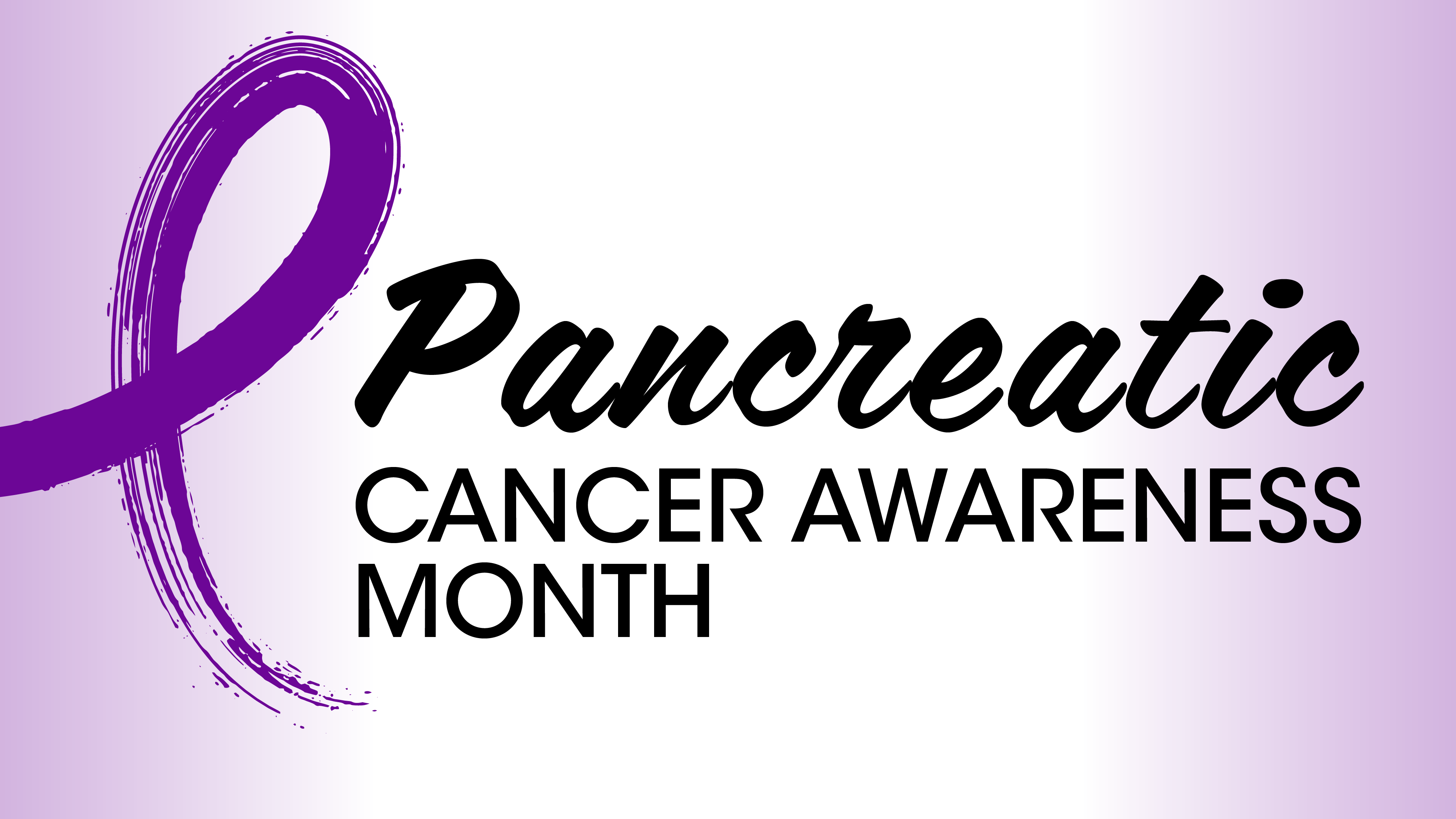
Pancreatic Cancer Incidence Has Risen, Yet Survival Outcomes Have Improved

Pancreatic cancer is projected to become the second-leading cause of cancer-related deaths by 2030 in the United States.
As part of
According to Copur, a medical director of Oncology and adjunct professor of Medical Oncology/Hematology at the University of Nebraska Medical Center, a medical oncologist/hematologist at Morrison Cancer Center of Mary Lanning Healthcare, and gastrointestinal editorial advisory board member for the journal ONCOLOGY, pancreatic cancer is approximately the eighth to tenth most common cancer diagnosis in 2024. However, the incidence of this disease is projected to rise; by 2030, pancreatic cancer is anticipated to become the second-leading cause of cancer-related death across the US. Regardless, Copur noted that the 5-year survival rate among patients with pancreatic cancer has improved since the 1970s.
Transcript:
[Pancreatic cancer] used to be a rare cancer and a deadly cancer with no treatments. Right now, it is the eighth to tenth most common cancer and 3% of all new cancers as of 2024, and new diagnoses are expected to be [approximately] 66,000 [in 2024]. What is so important about this disease, even though it’s [currently] the eighth or tenth most common [disease], it is almost on its way to becoming the [second-leading cause of cancer-related death]. The [first-leading cancer] for many years has been lung [cancer], with 160,000 deaths a year. Pancreatic cancer used to be in the third, fourth, or fifth range. Now, as of 2020, it reached up to the colorectal cancer death rate, and they are expecting, by 2030, that pancreatic cancer will be the [second-leading cause of cancer-related death]. The reason for this is that it has been notoriously resistant to available treatments.
During my fellowship, pancreatic cancer was like a death sentence. Over the decades, the 5-year survival was only 2% back in the 1970s. Now, it came up to 7% as of 2024. The most recent Pancreatic Cancer Action Network presentation gave us an optimistic number of 12% of 5-year survival, which is unheard of in this disease.
All images are posted with the permission of Mehmet Sitki Copur, MD, FACP.
Reference
Pancreatic cancer facts. Hirshberg Foundation for Pancreatic Cancer Research. Accessed November 21, 2024. https://tinyurl.com/mrpf34j2
Newsletter
Stay up to date on recent advances in the multidisciplinary approach to cancer.






































